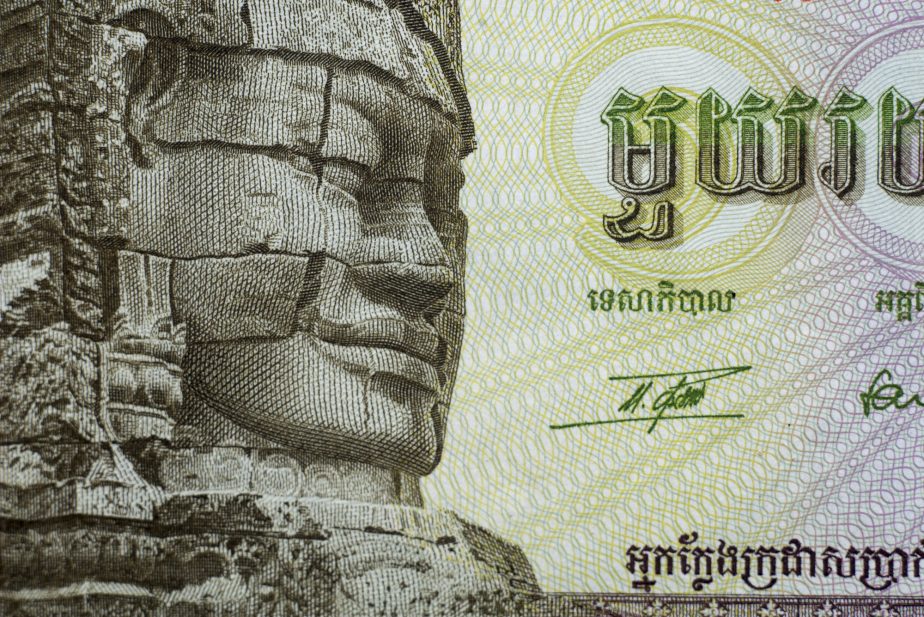The historian Stephen Kotkin observes that autocratic regimes don’t need economic growth to maintain power per se, but that they do need “cash flows.” Money is essential to buy-off elites; bribe bureaucrats, judges and opposition politicians; lavish electorates with “gifts”; and maintain the allegiance of the security apparatus. Some is invested in normal ways, through state budgets and welfare payments. Much is embezzled or siphoned through complex schemes to the benefit of allies and sycophants. A cash-strapped ruling party cannot buy loyalty nor procure talent.
The best sort of cash flow is extractive, namely energy. This stuffs the ruling party and officials with substantial amounts of money, enough that they don’t need to rely at all on the economic output of their citizens (think of the Gulf states and Russia). In Southeast Asia, Brunei doesn’t levy income tax or VAT because energy reserves give it a GDP per capita second only to Singapore in the region. There are other forms of cash flow. One can derive it from patron regimes; the decline in donations from the Soviet Union in the 1980s convinced the Vietnamese and Lao communist parties of the need to embrace the market practices, and to access Western aid and loans. Up until the 2000s, around a third of the Cambodian government’s budget was funded by foreign aid. Aid and unaccounted payments from Beijing made up for the shortfall in Western aid in the 2010s. In Myanmar, military juntas have relied on their own military-controlled businesses and the country’s oil and gas revenue. Wealthy tycoons are also expected to contribute “donations” to the ruling parties in all of these countries, though that’s more important when countries are poorer (and governments need smaller cash flows).
In full: https://thediplomat.com/2022/12/taxpayers-of-southeast-asia-arise/




